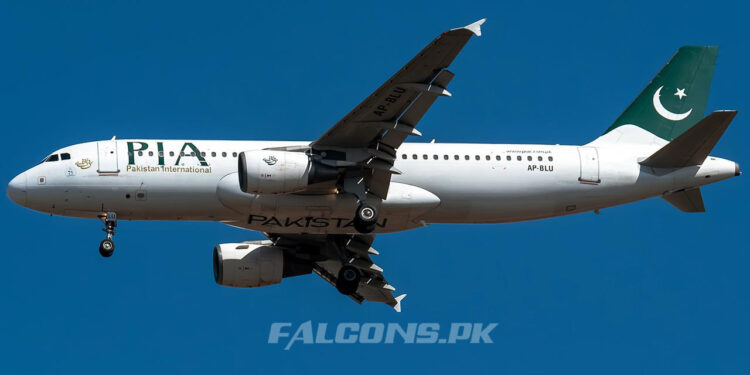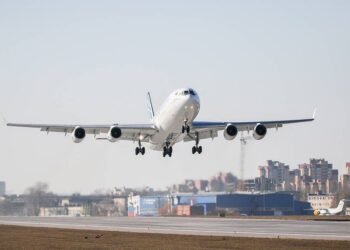By Jennifer Meszaros
The saga over pilot licenses recently reignited in Pakistan’s parliament amid concerns that flight crews have begun to leave the national carrier over hefty taxes levied on their income. According to a Senate press release, 15 pilots have recently departed Pakistan International Airlines (PIA), potentially jeopardizing the chances of a sustainable talent pipeline. PIA has petitioned the country’s supreme court in an effort to hire young males.
On the topic of pilot licensing, the Senate Standing Committee said it would create a subcommittee to probe the matter in detail.
Pilot certification became a contentious issue for Pakistan in June 2020, following remarks made before the National Assembly during a preliminary result hearing on PIA Flight 8303, which crashed in Karachi in May. Speaking with lawmakers, aviation minister Ghulam Sarwar Khan claimed that of Pakistan’s 860 pilots, 262 had fake licenses. The allegations provoked intense political and media controversy and rippled across the industry, with many, including the Pakistan Civil Aviation Authority (PCAA), questioning the validity of the minister’s statements. The International Federation of Air Line Pilots Association called the comments “on the brink of being reckless.”
By the end of June, the PCAA had grounded 150 of PIA’s 426 pilots. The European Union Aviation Safety Agency (EASA) moved to suspend the Third Country Operator authorization of PIA and Vision Air while the UK and the U.S. issued similar bans. The UN Department of Safety and Security also removed Pakistan-registered airlines from its Recommended List.
Following a 10-day safety audit in December 2021, the International Civil Aviation Organization said the PCAA had addressed the Significant Safety Concern, “specifically in relation to the examinations conducted by the CAA and by delegated or designated training organizations prior to the issuance of licenses and ratings.”
Separately, EASA conducted its own 10-day safety audit and decided to extend the suspension amid concerns over the PCAA’s certification and oversight capabilities.
In February 2023, the UK State Safety Partnership team—funded by the UK Department for Transport—completed a 12-day visit to Pakistan.
“Currently, all air carriers certified by the Pakistan Civil Aviation Authority remain on the UK’s Air Safety List due to safety concerns,” said Andrew Dalgleish, Chargé d’ Affaires at the British High Commission Islamabad in a statement. “For removal from the Air Safety List states must demonstrate compliance with international safety standards. This is a comprehensive process requiring the provision of evidence, on-site assessments, and technical hearings.”
In a statement to AIN, EASA said it held a remote audit with PIA on March 7. “The result of this assessment has been communicated to the operator and we are awaiting a response. Depending on the response received, next steps will be determined in close cooperation with the European Commission,” a spokesperson said.
As Pakistan looks to resume flights to Europe and the UK, the International Air Transport Association (IATA) is calling on the Pakistan government to remove all barriers related to currency repatriation or risk an exodus of international airlines. The country owed international carriers over $290 million in repatriable funds in January, largely due to sinking foreign exchange reserves.
IATA’s warning comes as Pakistan looks to secure $1.1 billion in funding from the International Monetary Fund as part of a $6.5 billion bailout agreement forged in 2019.






